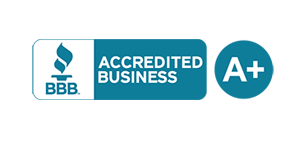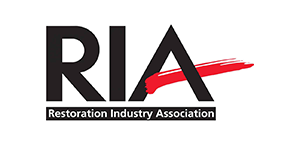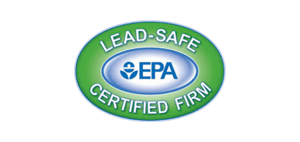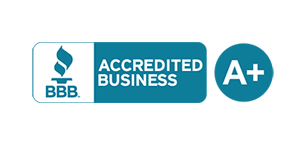
What are all those acronyms on the repair estimate, EMS, RCV, ACV, D&R, R&R, O&P?
EMS = Emergency mitigation service
RCV = recoverable cash value, which would be the total value of the labor & materials needed to repair and/or replace the exact same finished materials (a.k.a. like, kind & quality).
ACV = actual cash value. This value is the amount of the initial repair payout, which is typically the RCV less the recoverable depreciation.
D&R = detach & reset. This Xactimate entry is used as a labor only entry for salvageable items that need to be removed / salvaged / and reset as a part of the repair process. Example: A vanity is being replaced but the sinktop & faucet would need to be salvaged & reinstalled on the new vanity cabinet.
R&R = Remove & replace. This Xactimate entry is used when an item is being entirely demolished & replaced with a new similar item of similar grade & composition.
O&P = Overhead & profit. This extra add-on is typically applied to Xactimate repair line item entries to compensate for having to hire a professional contractor to manage & coordinate the repair portion of your project. This multiplier is often left off repair estimates when homeowners try to “go it alone” without the assistance of an industry professional assisting in settling the claim.
Why is my insurance payout for the repairs so low?
Most likely your payout will be the ACV (actual cash value) less the amount of your deductible. Example, the RCV (recoverable cash value) on your repair payout is $10,000 and your ACV (actual cash value) is $8500, $1,500 is withheld and that is the recoverable depreciation. If you have a $1,000 deductible, your initial insurance repair payout will be $7,500. You can also get the $1,500 from your insurance carrier under certain conditions.
What is recoverable depreciation & how can I get that money reimbursed?
Typically, If you can show your insurance carrier receipts for any supplies you paid for directly along with paid invoices to your contractor that add up to the RCVvalue (or greater) than you would qualify to get reimbursed the recoverable depreciation…..or…….you may be able to have the carrier release the recoverable depreciation once you have a signed contract with a contractor equal to the RCV.
What if I want to do some or all of the work, are there any advantages or disadvantages to doing this, can I still get the recoverable depreciation?
Your carrier would LOVE for you to do this, as the deck is stacked in their favor if you go that direction. The same rules would apply regarding showing paid receipts totaling the RCV value in order to get the recoverable depreciation, which won’t really be possible if you provide your own labor. Plus, the adjuster will likely not afford you overhead & profit (O&P) which will drastically reduce your payout as you are not a contractor with overhead or profit concerns.
Why can’t my contractor do all the repair work and wait to get paid from my insurance carrier like they do on the EMS side?
Collections on the EMS portion of your claim, though it takes a lot of time & delays, the carriers will often cut a check directly to your contractor as a sole payee, which is proper due to the fact that the signed service authorization states those particulars, plus….all the work has been completed. The emergency work is handled this way because the scope of work is unknown and providing an estimate often takes time, additional time typically causes more damage. Your insurance carrier prefers to have the emergency work commence immediately to minimize the damages and is prepared to be billed directly from the restoration contractor. With a signed direction of payment from you (aka: DOP), that document instructs the carrier to pay the emergency cleanup contractor directly for the EMS work.
On the repair side most contractors don’t offer credit terms on repair work as they are not a bank or a lending institution. This is mainly due to the insurance carrier’s unwillingness to guarantee unencumbered payments directly to the contractor. They’re policy is to put additional parties on the checks (mortgage companies). Your mortgager would have the legal right to the funds if there are delinquencies, which creates an untenable situation for a contractor.
We hope this information helps you understand your confusing insurance claim. Thank you for taking the time to read this & please peruse our blog for other helpful posts related to emergency cleanups & repairs.
The True Restorations Team

























